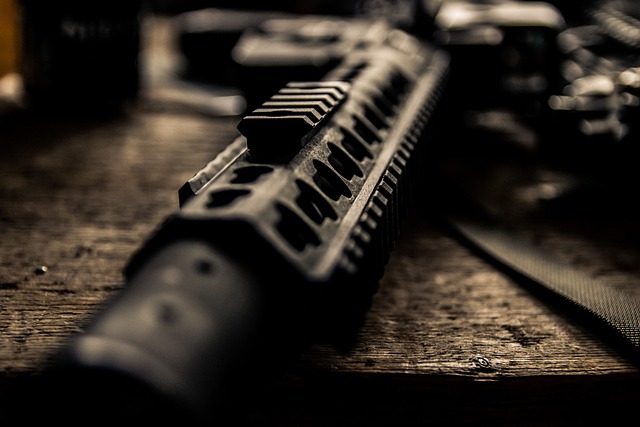Second Amendment proponents, of which I am one, will say that gun rights and ownership are absolute. That there should be no infringement under any circumstances. These people will go to the mattresses (a mafia term for newbies) before they will yield on any changes to the Second Amendment.
People opposed to guns and the Second Amendment would like to go to the extremes of Beto O’Rourke and confiscate every gun owned by a private citizen. There is a reason that Beto does not hold office at any level, especially in his home state of Texas.
The events of the last two days in Lewiston, Maine, have given us a look at a flagrant flaw in gun ownership that most people on both sides agree needs to be addressed. Guns do not belong in the possession of an individual who has threatened individuals with death and is diagnosed with severe mental issues. This solution seems obvious, but because of the division between the two sides of this issue, it has never been brought to the table.
Let’s look at the case of Robert Card. Card is a forty-year-old man from Bowdoin, Maine. A 20-plus year member of the National Guard, a gun instructor, and a firearms expert, Card went on a shooting rampage in Lewiston, Maine, on Wednesday night, killing 13 and wounding over 25. There was no apparent motive, and Card shot people in two different venues. He served two weeks of psychiatric evaluation after threatening to shoot up the barracks at the National Guard Armory. On Wednesday, he snapped and gathered his guns and ammunition and set out to harm and kill strangers. We must find a balance between protecting the public from someone with mental health issues, possessing weapons, and their Constitutional rights.
Most states already have laws on the books to identify people with mental challenges. Most states have Red Flag Laws where family, friends, and people with first-hand knowledge can report an individual for evaluation and determination of the ability to possess weapons. Maine has Yellow-Flag Laws that allow the police to make the determination. These laws are only effective if utilized. In Card’s case, there were Yellow-Flag warnings on record that were not acted on. He is also a member of the National Guard and was in a military hospital for two weeks for evaluation. There was no procedure for cooperation and communication between the National Guard and local law enforcement. What needs to happen is the laws need to be implemented, and there must be action when someone fits the criteria of a danger to others.
The balance must be between suspending the right of someone identified as unstable or threatening to have access to their weapons and the right to own weapons granted by the Second Amendment. We are great at forensic autopsy after a mass shooting, and often, people will come forward with information about the perpetrator that, if known and acted on, we could save lives. This suspension of the right to own guns does not have to be permanent but should be subject to review by law enforcement and a review board that needs to be established. This process will need to be consistent and processed with care. We are modifying an individual’s constitutional rights, which should never be taken lightly, but the public has a right to safety and protection from those who would harm them.
The bottom line is we must be proactive and not reactive to situations. 13 people in Maine should be alive today. These folks went bowling or for a pint at their favorite pub and did not come home. Thirteen families are forever impacted because a person with mental issues had weapons and killed innocent people.

